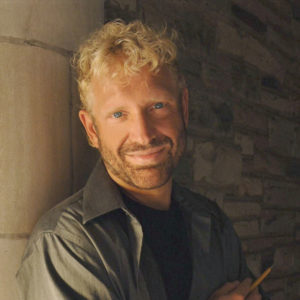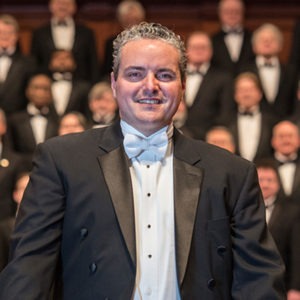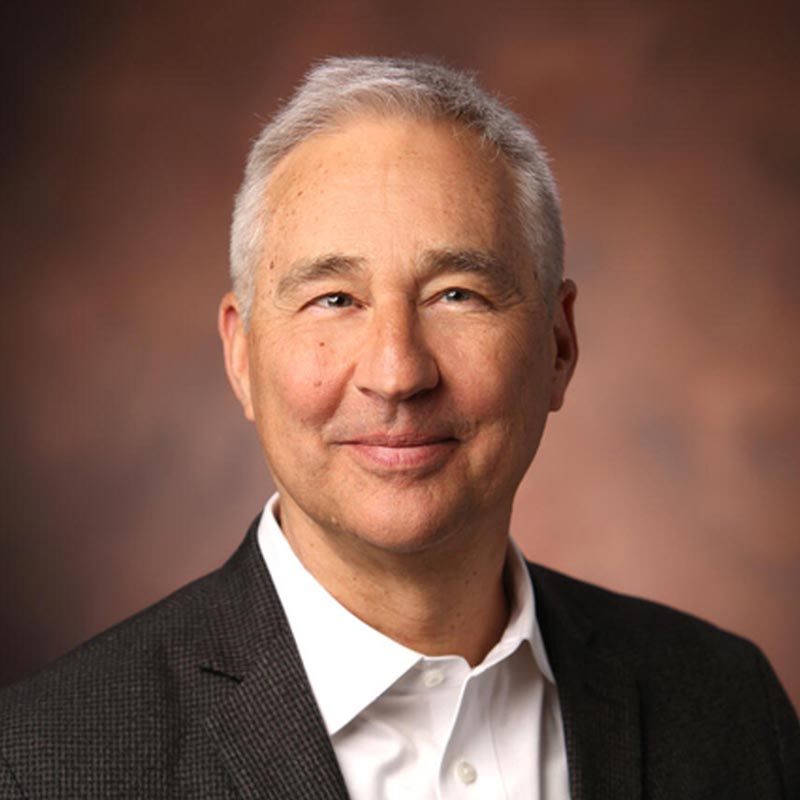Symphony No. 2: Tales from the Realm of Faerie
Michael Kurek composer
Navona Records presents Michael Kurek’s SYMPHONY NO. 2: TALES FROM THE REALM OF FAERIE, a rich musical tapestry intertwining the colors and characteristics of many fantastical worlds the composer has entered and loved. Performed by the European Recording Orchestra, a certain spirit of unspoiled beauty, innocence, nobility, hope, and heroic goodness stretches across four movements, each giving the listener creative control of the worlds they conjure. With a well-balanced lineage of traditional compositional techniques running throughout his symphony and other works for choir to follow, Kurek presents a dynamic assortment of work that keeps the spirit and heritage of classical music alive.
Listen
Stream/Buy
Choose your platform
Track Listing & Credits
| # | Title | Composer | Performer | |
|---|---|---|---|---|
| 01 | Symphony No. 2: Tales from the Realm of Faerie: I. | Michael Kurek | The European Recording Orchestra (ERO) | Robin Fountain, conductor | 11:48 |
| 02 | Symphony No. 2: Tales from the Realm of Faerie: II. | Michael Kurek | The European Recording Orchestra (ERO) | Robin Fountain, conductor | 8:50 |
| 03 | Symphony No. 2: Tales from the Realm of Faerie: III. | Michael Kurek | The European Recording Orchestra (ERO) | Robin Fountain, conductor | 9:56 |
| 04 | Symphony No. 2: Tales from the Realm of Faerie: IV. | Michael Kurek | The European Recording Orchestra (ERO) | Robin Fountain, conductor | 12:55 |
| 05 | Missa Brevis: Kyrie | Michael Kurek | The Vanderbilt Chorale | Tucker Biddlecombe, conductor; Polly Brecht, organ | 1:56 |
| 06 | Missa Brevis: Gloria | Michael Kurek | The Vanderbilt Chorale | Tucker Biddlecombe, conductor; Polly Brecht, organ | 3:26 |
| 07 | Missa Brevis: Sanctus | Michael Kurek | The Vanderbilt Chorale | Tucker Biddlecombe, conductor; Polly Brecht, organ | 2:07 |
| 08 | Missa Brevis: Agnus Dei | Michael Kurek | The Vanderbilt Chorale | Tucker Biddlecombe, conductor; Polly Brecht, organ | 1:54 |
| 09 | Ave Maria | Michael Kurek | The Vanderbilt Chorale | Tucker Biddlecombe, conductor; Malcom Matthews, organ; Claire Davis, harp | 5:48 |
SYMPHONY NO. 2
Recorded May 14, 2022 at Bulgarian National Radio, Studio No. 1 in Sofia, Bulgaria
Recording Session Producer Michael Kurek
Recording Session Engineer Vladislav Boyadjiev
Editing and Mixing Engineer Lucas Paquette
Editing, Mixing, and Mastering Producer Michael Kurek
MISSA BREVIS
Recorded December 3 and 5, 2018 at Turner Recital Hall, Vanderbilt University in Nashville TN
Recording Session Producer Michael Kurek
Recording Session Engineer Kevin Edlin
Editing and Mixing Engineer Kevin Edlin
Editing, Mixing, and Mastering Producer Michael Kurek
AVE MARIA
Recorded March 19, 2022 at Turner Recital Hall, Vanderbilt University in Nashville, TN
Recording Session Producer Michael Kurek
Recording Session Engineer Kevin Edlin
Editing and Mixing Engineer Kevin Edlin
Editing, Mixing, and Mastering Producer Michael Kurek
Mastering Engineer Melanie Montgomery
Acknowledgments
This album has been made possible through the generosity of The Raffaella Ballet, Inc., H Stephen Harris Jr., and Vanderbilt University.
Executive Producer Bob Lord
A&R Director Brandon MacNeil
A&R Chris Robinson
VP of Production Jan Košulič
Audio Director Lucas Paquette
VP, Design & Marketing Brett Picknell
Art Director Ryan Harrison
Design Edward A. Fleming
Publicity Patrick Niland, Aidan Curran
Artist Information

Michael Kurek
American composer Michael Kurek’s music is receiving increasing acclaim for its lush, neo-traditional, melodic, and narrative style, reminiscent of the early 20th century symphonists. It has garnered performances by numerous symphony orchestras and chamber groups throughout the United States and in 15 countries on five continents, in addition to online streams in over 100 countries on six continents. His works have been heard nationwide on NPR and other countries’ national radio broadcasts, and have also been profiled in national print media and music journals.

Tucker Biddlecombe
Tucker Biddlecombe (Ph.D.) is Director of Choral Activities at Vanderbilt University’s Blair School of Music. There he conducts the Vanderbilt Chorale, and Symphonic Choir, and teaches courses in Choral Conducting and Music Education. He also serves as Director of the Nashville Symphony Chorus, the offcial vocal arm of the Nashville Symphony Orchestra. Dr. Biddlecombe is a veteran teacher and a passionate advocate for music education. Ensembles under his direction have performed to acclaim at state and division conventions of ACDA, and he is active as a guest conductor. A native of Buffalo New York, Biddlecombe is a graduate of SUNY Pots dam and Florida State University, where he completed doctoral studies in choral conducting and music education with André Thomas. He resides in Nashville, TN with his wife Mary Biddlecombe, Artistic Director of the Blair Children’s Chorus.

Robin Fountain
Robin Fountain is Professor of Conducting at Vanderbilt University’s Blair School of Music. He is also in demand as a guest conductor, with recent engagements including concerts with the Singapore Symphony, the Louisiana Philharmonic, and Traverse City Symphony.
Notes
Videos
Recording Tales from the Realm of Faerie
